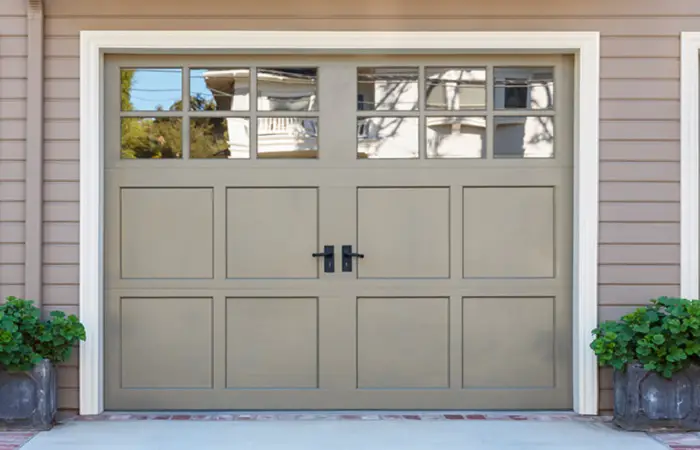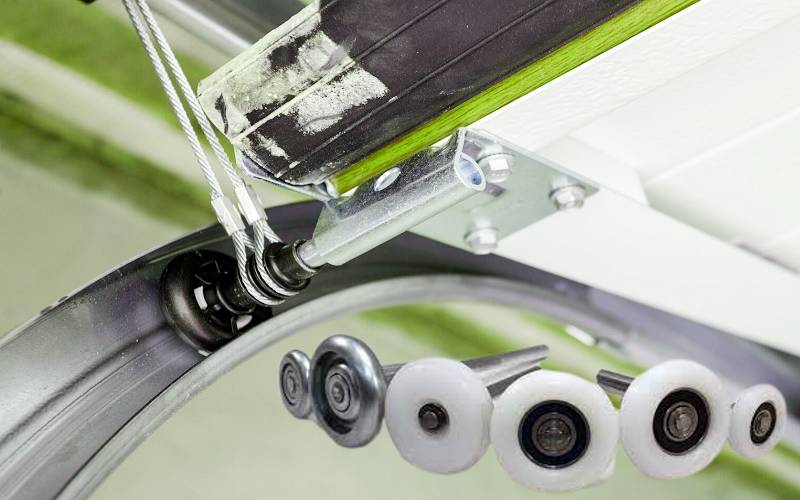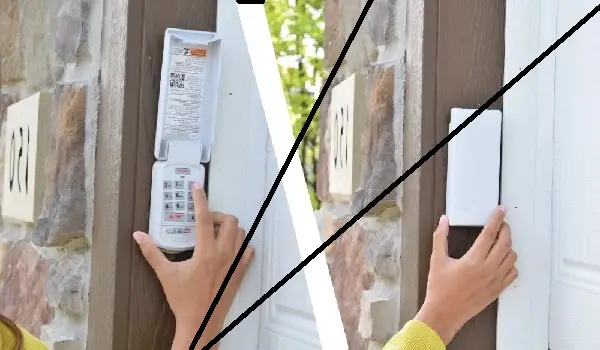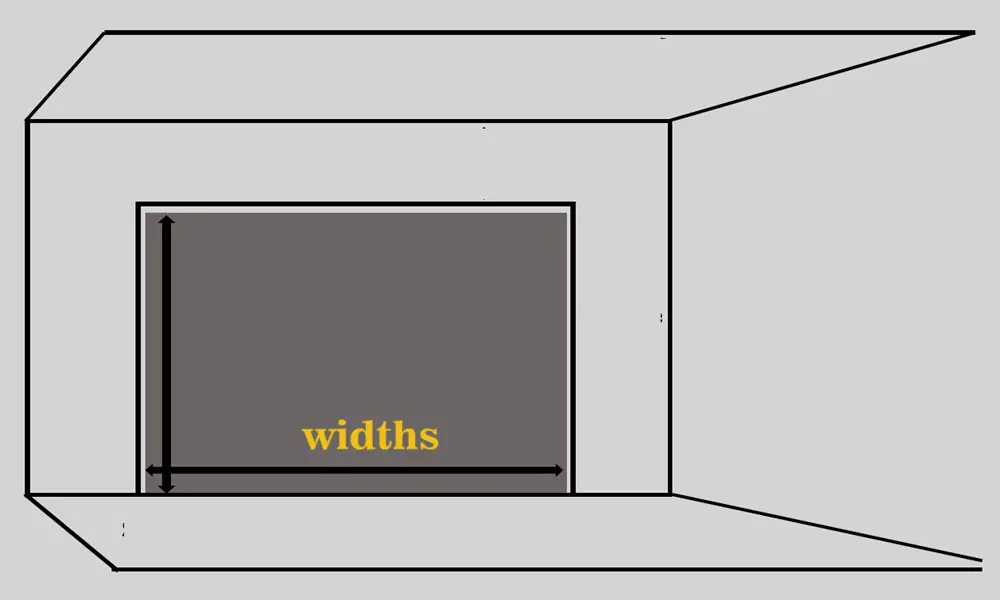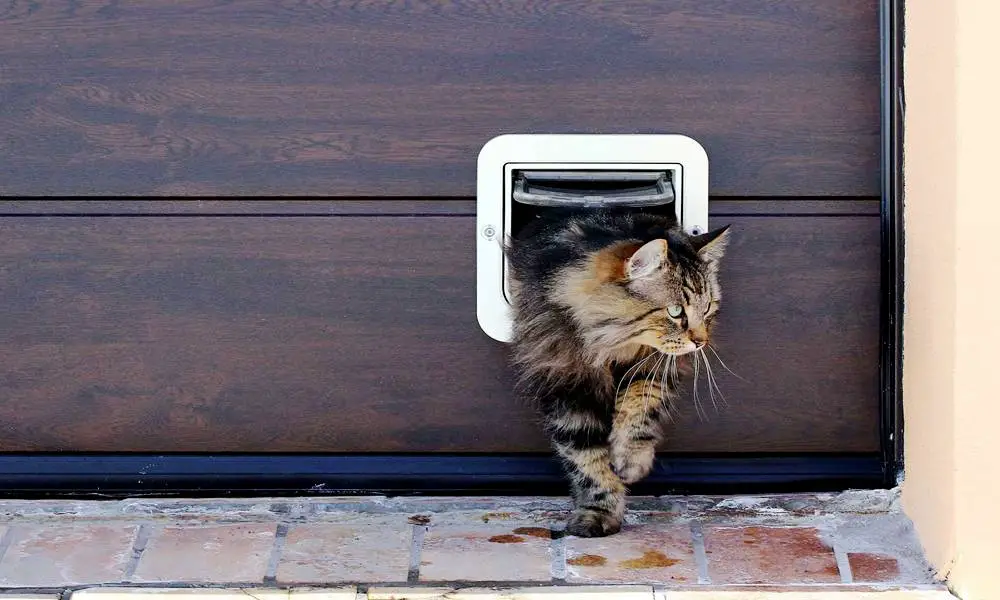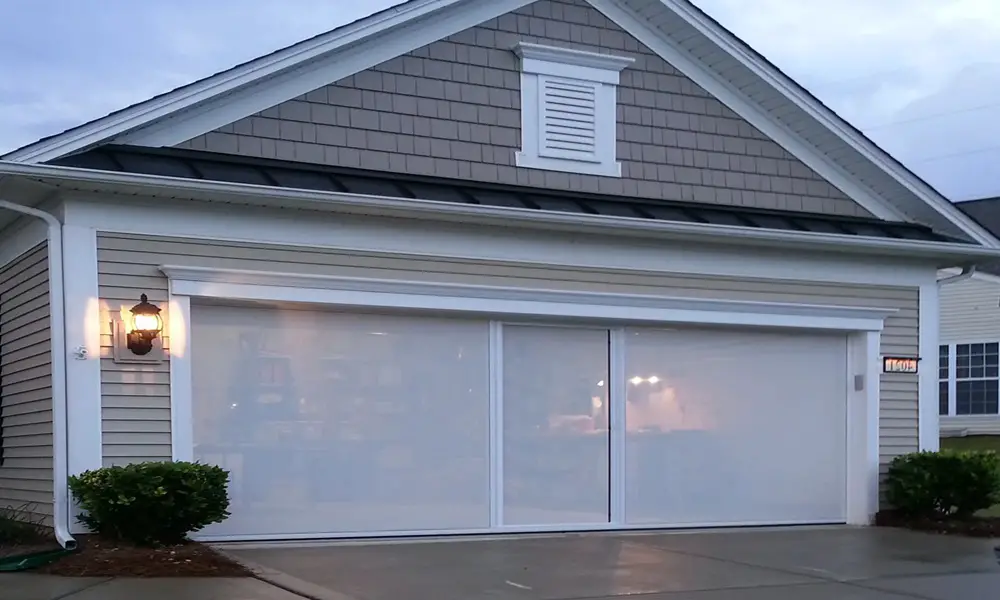Lubricant for Garage Door Springs: A Guide to Proper Maintenance
Lubricant for Garage Door Springs Your garage door silently performs a crucial role in safeguarding your home, and ensuring its […]
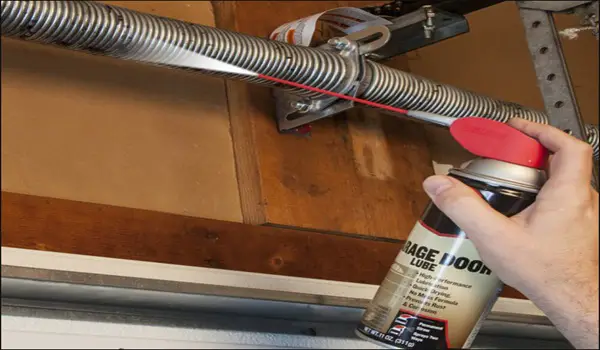
Lubricant for Garage Door Springs
Your garage door silently performs a crucial role in safeguarding your home, and ensuring its optimal performance is a responsibility we often overlook.
Amidst the various aspects of maintenance, one often underestimated yet vital practice is the regular lubricant for garage door springs.
In this comprehensive guide, I provide an explanation of why lubrication is more than just a routine task, understanding the optimal time for application, and the important steps to ensure your garage door operates smoothly for years to come.
Importance of Garage Door Maintenance
A garage door is not merely an entrance; it’s a protective barrier that shields your home and belongings. Neglecting its upkeep can result in more than just an inconvenience it could lead to expensive repairs or premature replacements.
Among the various maintenance practices, lubrication stands out as a relatively simple yet impactful task that contributes significantly to the overall well-being of your garage door.
Role of Lubrication in Garage Door Springs

Imagine the intricate dance of components within your garage door each time it opens and closes. Now, picture this movement without proper lubrication a cacophony of friction, wear, and strain.
The springs, in particular, bear the brunt of this mechanical symphony. Lubrication is not just about minimizing the noise; it’s about ensuring that every part functions harmoniously, extending the lifespan of your garage door and preventing potential disruptions.
As we embark on this journey through the art and science of lubricating garage door springs, we’ll explore not just the ‘how’ but also the ‘why.’ Join us in unlocking the secrets to a quieter, smoother, and more reliable garage door experience.
Why Lubrication is Necessary
Preventing Rust and Corrosion
The metal components of garage door springs are susceptible to rust and corrosion. Regular lubrication forms a protective barrier, shielding them from the damaging effects of moisture and environmental elements.
Ensuring Smooth Operation
Smooth operation is not just a convenience but a necessity. Lubrication reduces friction between moving parts, allowing the door to open and close effortlessly, minimizing wear and tear.
Prolonging the Lifespan of Springs
Like any mechanical component, garage door springs have a finite lifespan. Proper lubrication can significantly extend their longevity, saving you from premature replacements and costly repairs.
When to Lubricate
Following the manufacturer’s instructions is crucial for maintaining your garage door. Generally, it’s recommended to lubricate the springs at least once a year. Certain factors like climate and frequency of use might necessitate more frequent lubrication.
Choosing the Right Lubricant
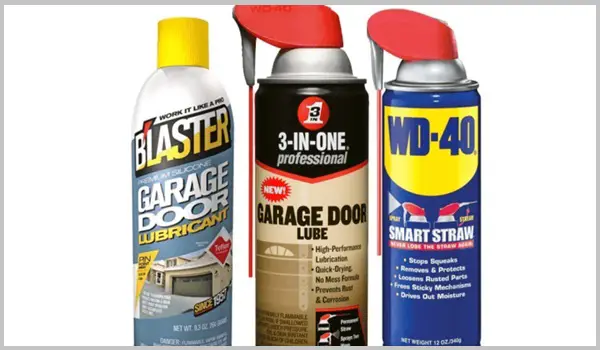
Selecting the appropriate lubricant is vital for effective garage door maintenance.
Lightweight General Purpose Grease
For general use, a lightweight grease or lubricant can be purchased from any hardware store. Ensure it is suitable for garage doors and provides adequate protection against rust.
Specialty Lubricants for Garage Doors
Specialized lubricants designed for garage doors offer enhanced protection and performance. While they may be slightly pricier, the long-term benefits often outweigh the cost.
Steps to Lubricate Garage Door Springs
- Closing the Door PositionBefore starting the lubrication process, it’s advisable to close the garage door. This ensures safety during the application and allows for better access to crucial components.
- Applying Lubricant to Rollers and ShaftBegin by applying the chosen lubricant to the bearings of the rollers attached to the door and the shaft. This ensures the smooth movement of these parts.
- Addressing Hinges and Torsion SpringsExtend the lubrication to all hinges attached to the garage door. If your garage features a torsion spring above the door, apply oil to the top of the spring. Wipe off any excess with a clean rag.
- Wiping Off Excess LubricantCarefully wipe off any drips or excess lubricant. It’s crucial not to allow lubricant to accumulate inside the track, as this can impede the door’s movement.
What to Avoid
Keeping Track Clean
One of the fundamental precautions in garage door lubrication is to refrain from placing any lubricant inside the track. The track’s purpose is to provide a smooth pathway for the door’s movement. Introducing lubricant into this space can inadvertently attract debris, leading to a compromised track.
This, in turn, may result in potential operational issues, causing the door to stutter or, in extreme cases, malfunction. To maintain optimal functionality, it’s crucial to keep the track clean and free from any substances that might impede the door’s smooth operation.
Over-Lubrication Risks
While lubrication is undeniably essential for the proper functioning of garage doors, there exists a risk associated with overdoing it. Applying excess lubricant can lead to adverse effects, creating a sticky residue that attracts dirt and dust.
This accumulation not only counteracts the benefits of lubrication but also hampers the smooth operation of the door. Striking the right balance in lubrication is key – enough to ensure seamless movement, but not so much as to attract unwanted particles.
Testing the Lubrication
After the meticulous application of lubricant to all the rollers and hinges, the next crucial step is to test its effectiveness. This involves performing several door operations, mimicking the regular raising and lowering as done during normal use.
This deliberate movement serves to work the oil into the critical locations, ensuring comprehensive coverage. Through this testing phase, you confirm that the lubrication has reached all the necessary parts, guaranteeing a well-lubricated and smoothly operating garage door.
Benefits of Regular Lubrication
Noise Reduction
Properly lubricated garage door components contribute significantly to a quieter operation. The reduction in unnecessary noise not only enhances your living environment but also indicates that the lubrication is effectively minimizing friction between moving parts.
Enhanced Performance
Lubrication plays a pivotal role in ensuring that all the intricate moving parts of a garage door work seamlessly together. This results in a well-functioning door that responds promptly to your commands, avoiding any delays or disruptions in its operation.
Cost Savings in the Long Run
Viewed as a small investment, regular lubrication yields significant returns in the long run. By preventing premature wear and tear on the garage door components, it minimizes the need for costly repairs or replacements. This proactive approach can save homeowners from unexpected financial burdens associated with neglected maintenance.
Common Mistakes to Avoid
Neglecting Lubrication
One of the most common mistakes is the neglect of regular lubrication. Failing to lubricate garage door springs on a consistent basis can lead to increased wear, heightened noise during operation, and potential malfunctions. This simple yet effective maintenance task is often overlooked, but its impact on the longevity of your garage door is substantial.
Using the Wrong Type of Lubricant
Equally critical is the choice of lubricant. Using the wrong type or neglecting this maintenance step entirely can do more harm than good.
Always opt for a lubricant specifically designed for garage doors. This ensures the right level of protection and performance, tailored to the unique demands of your garage door’s mechanical components.
DIY vs. Professional Lubrication
Pros and Cons of DIY Lubrication
While lubricating your garage door springs can be a DIY task, it’s essential to weigh the pros and cons before embarking on this endeavor.
Pros:
- Cost-effective: DIY lubrication is budget-friendly and can be done at your convenience.
- Convenience of scheduling: You have control over when the maintenance task is performed.
Cons:
- Risk of improper application: Without the expertise, there’s a risk of applying the lubricant incorrectly.
- Limited expertise: DIYers might lack the in-depth knowledge needed to identify potential issues beyond lubrication.
When to Seek Professional Help
If uncertainty arises during the lubrication process or if issues are encountered, seeking professional help becomes crucial.
Professionals bring the expertise needed to ensure that the lubrication task is executed correctly, preventing potential damage to your garage door and its components.
Tips for Effective Lubrication

Including Lubrication in Routine Maintenance
To guarantee that lubrication doesn’t slip through the cracks, integrate it into your routine maintenance schedule. This proactive approach ensures that your garage door receives the care it needs consistently.
Keeping a Lubrication Schedule
Create a lubrication schedule tailored to factors like climate and door usage. Consistency is paramount in reaping the maximum benefits of this maintenance practice. A well-maintained schedule helps you stay ahead of potential issues, promoting the longevity of your garage door.
Conclusion
Proper lubrication of garage door springs is a simple yet highly effective maintenance task that pays off in the long run. By preventing rust, ensuring smooth operation, and prolonging the lifespan of springs, you contribute to a quieter, more reliable garage door. Remember to follow manufacturer guidelines, choose the right lubricant, and perform the task regularly for optimal results.
FAQs
How often should I lubricate my garage door springs?
It’s generally recommended to lubricate the springs at least once a year, following the manufacturer’s instructions.
Can I use any lubricant, or does it have to be specific to garage doors?
While a general-purpose lubricant can be used, it’s preferable to choose one specifically designed for garage doors for better protection.
Is it necessary to hire a professional for lubricating garage door springs?
While it can be a DIY task, seeking professional help ensures proper application and addresses any issues promptly.
Are there any signs that indicate my garage door springs need lubrication?
Squeaking or grinding noises during door operation and visible signs of rust are indicators that lubrication is needed.
Can I use WD-40 for garage door lubrication?
While WD-40 can be used, it’s not the best choice for long-term lubrication. Choosing a lubricant designed for garage doors is recommended for optimal results.
